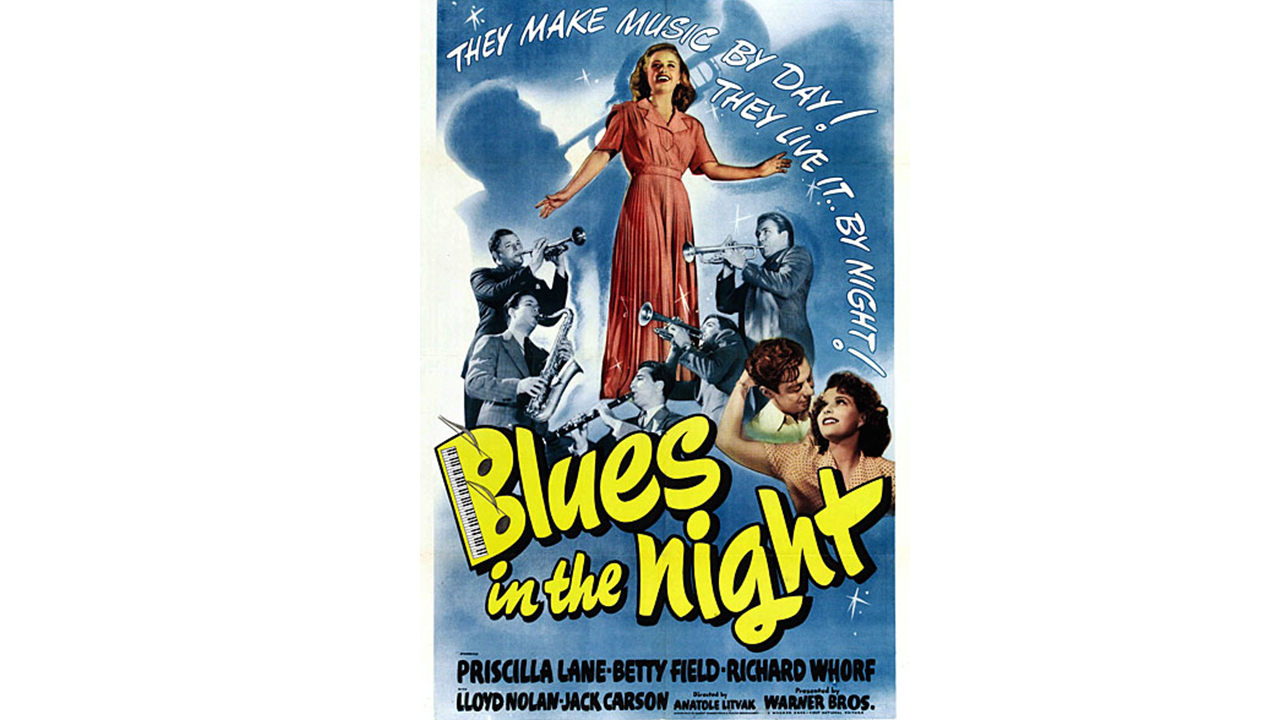
Director Michael Anderson’s 1960 film about a tormented trumpeter who very loosely resembles Chet Baker mixed with some very stereotypical Southern gothic which provides the film with a reason to cast Pearl Bailey as an alcoholic, world weary blues singer. (In these sorts of dramas, are there any other kind of tragic female singers?) This combination of jazz and the American South was very adult for 1960 as I remember the ads for the film, although my aunts saw it in the theater and were less than impressed. Robert Wagner and Natalie Wood are the romantic leads. This film will probably be remembered as inspiring the name of the 1980s group, Fine Young Cannibals.
Directed by H. C. Potter, this 1940 film stars Fred Astaire and Burgess Meredith as perennial college students who are also trumpeters in a college band in what Astaire called his worst film. Astaire and Meredith could hardly pass as graduate students, let along undergraduate hangers-on. And neither actor gives much effort to making the audience think that he could even remotely play a trumpet. Astaire gets the girl, played by Paulette Goddard, although in real life it was Meredith who married Goddard after they met on the set of this film. Bandleader Artie Shaw, with a fairly sizable speaking part, shows he is not even as good as band competitors Glenn Miller and Benny Goodman when it comes to acting and Miller and Goodman were nothing to write home about.
Director/actor John Cassavetes’s 1961 jazz film with singer Bobby Darin as a jazz pianist and Stella Stevens as his singer. Darin does not sing in this film. Considered an interesting failure, marred by rushed shooting, Darin and Stevens have a star-crossed relationship that ultimately affects their art as Darin’s band and music falls apart when Stevens leaves the band. Darin winds up playing sell-out music for a rich patron. (This is a fate worse than death in most jazz films. In real life, it is where musicians hope they will end up.) Stevens winds up turning to prostitution which, of course, is a great deal more melodramatic than if she merely wound up singing radio commercial jingles, which would have been her far-more-likely fate. Cassavetes played a jazz pianist-cum-detective in the television series Johnny Staccato which lasted one season (1959-1960). Cassavetes’s 1959 race film, Shadows, is a far better jazz film than Too Late Blues, although it is not known primarily as a jazz film.
This 1941 film about a struggling jazz band was directed by Anatole Litvak and starred Lloyd Nolan, Jack Carson, and, interestingly, Elia Kazan. Some boy meets girl, boy loses girl, boy gets girl again stuff tied in with trying to play real jazz—which, according to this film, has some relation to New Orleans and Negroes plaintively singing the blues while in jail—while resisting the blandishments and pressures of dreaded commercial music. One of the main reasons this film is worth seeing is for Jimmie Lunceford’s appearance.
A 1937 bitter-sweet romance with Fred MacMurray as a trumpeter who lets success go to his head and Carole Lombard as his ambitious wife whom he nearly loses to former flame and schemer Dorothy Lamour. Directed by Richard Leisen, set in Panama and New York with Anthony Quinn as the cad.
Shirley Temple plays a swing-crazed teen in this 1942 film directed by Edwin L. Marin. The most interesting aspect of this film is its depiction of the young female fan base for big band music and how popular music is an essential dimension in the identity formation of teenagers: partly condescending, partly humorous, and partly sociological. This sort of a film would become far more common when rock and roll emerges in the late 1950s and early 1960s. The big pitch for this film during its initial release was that audiences would witness Temple’s first onscreen kiss. Actor Dickie Moore reminds readers of what an arduous and pressured experience being the fellow who had to do the kissing in his honest and humorous 1984 memoir, Twinkle, Twinkle, Little Star (but don’t have sex or take the car).
Director Basil Dearden gives us Othello with a jazz beat and a less tragic ending in this 1962 film about a black musician and his white wife, who is a retired singer, played by singer Marti Stevens. Noted actor Patrick McGoohan plays the Iago figure here, a jazz drummer who wants Stevens for his band. Featured in the film are performances by Dave Brubeck, John Dankworth, and Charles Mingus. Dearden examined racism and interracial sex themes in a 1959 film, Sapphire, that was in the spirit of such American films as I Passed for White, Kings Go Forth, and Imitation of Life but in this instance set on the streets of lower class London. In fact, it conjures up even more a film like Michel Gast’s 1959 I Spit on Your Grave, based on the crime novel by Boris Vian.
Released in 2000, directed by Gary Winick, written by the film’s female lead, Polly Draper, and featuring music by Draper’s jazz musician husband, Michael Wolff, this is an affecting film about a ten-year old piano prodigy with Tourette Syndrome who becomes close to a professional jazz saxophonist (Gregory Hines) who also has the disorder. Hines develops a relationship with the boy’s mother (Draper). Some nice jazz sequences here and a striking film about the intersection of art and disability with, of course, the usual touches of melodrama. (Billy Wilder observed that all films must be exaggerations in order to be true.) The film is loosely inspired by Wolff’s own experiences as a professional musician with Tourette Syndrome. Speaking of making jazz and enduring a disability, perhaps Hollywood might be moved to make a film about trumpeter/fluegelhorn player Tom Harrell who is afflicted with schizophrenia.
Special thanks to Facebook Friends Karen Inwald, Ben Cawthra, Gene Seymour, Allen Lowe, and George B. Thomas.
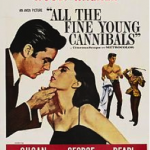 All the Fine Young Cannibals
All the Fine Young Cannibals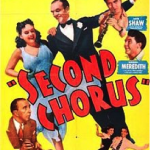 Second Chorus
Second Chorus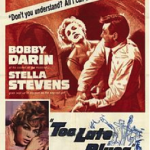 Too Late Blues
Too Late Blues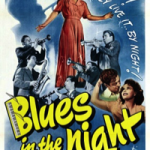 Blues in the Night
Blues in the Night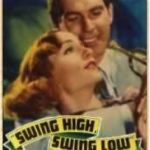
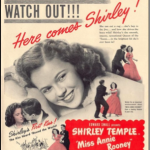 Miss Annie Rooney
Miss Annie Rooney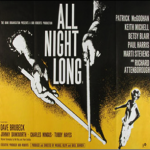 All Night Long
All Night Long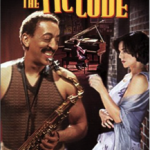 The Tic Code
The Tic Code